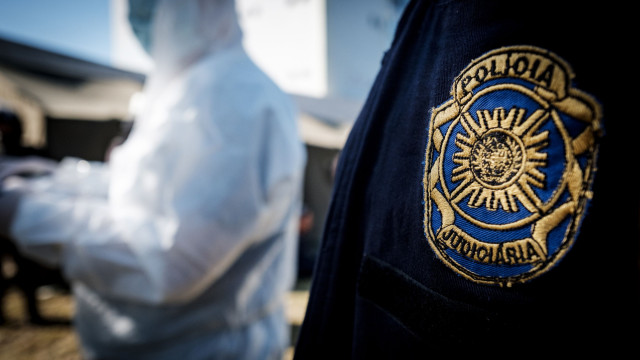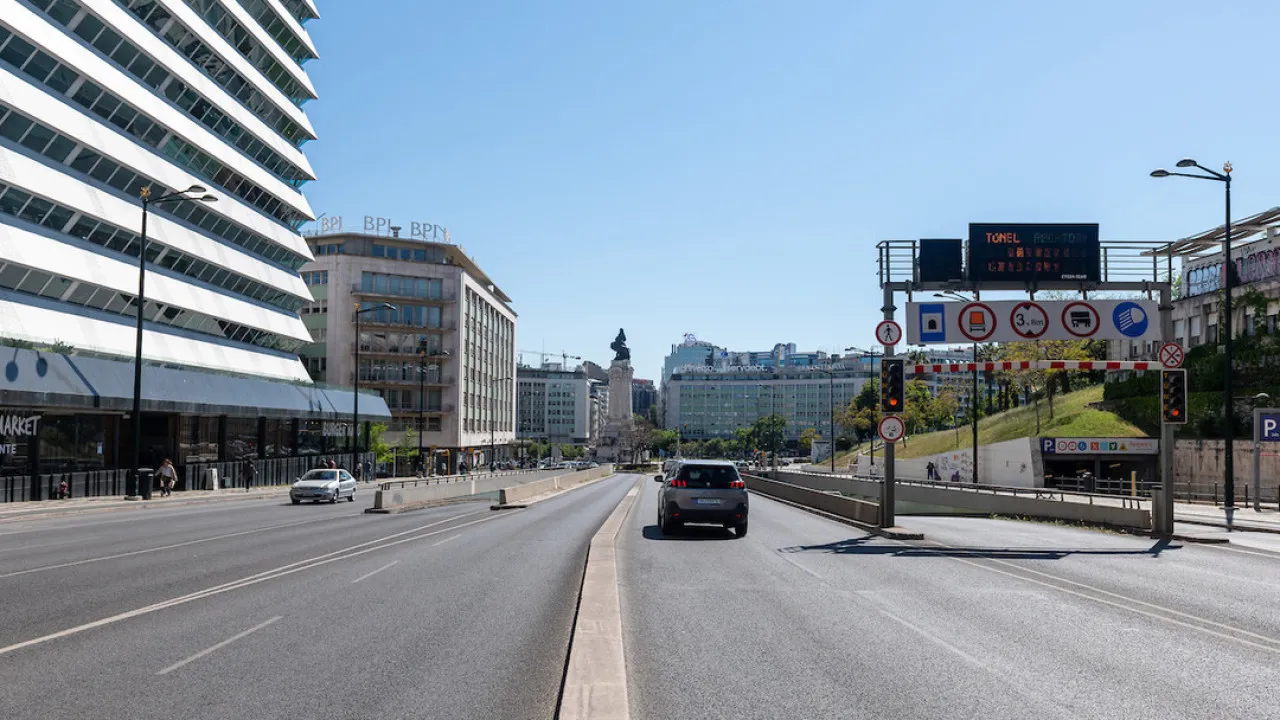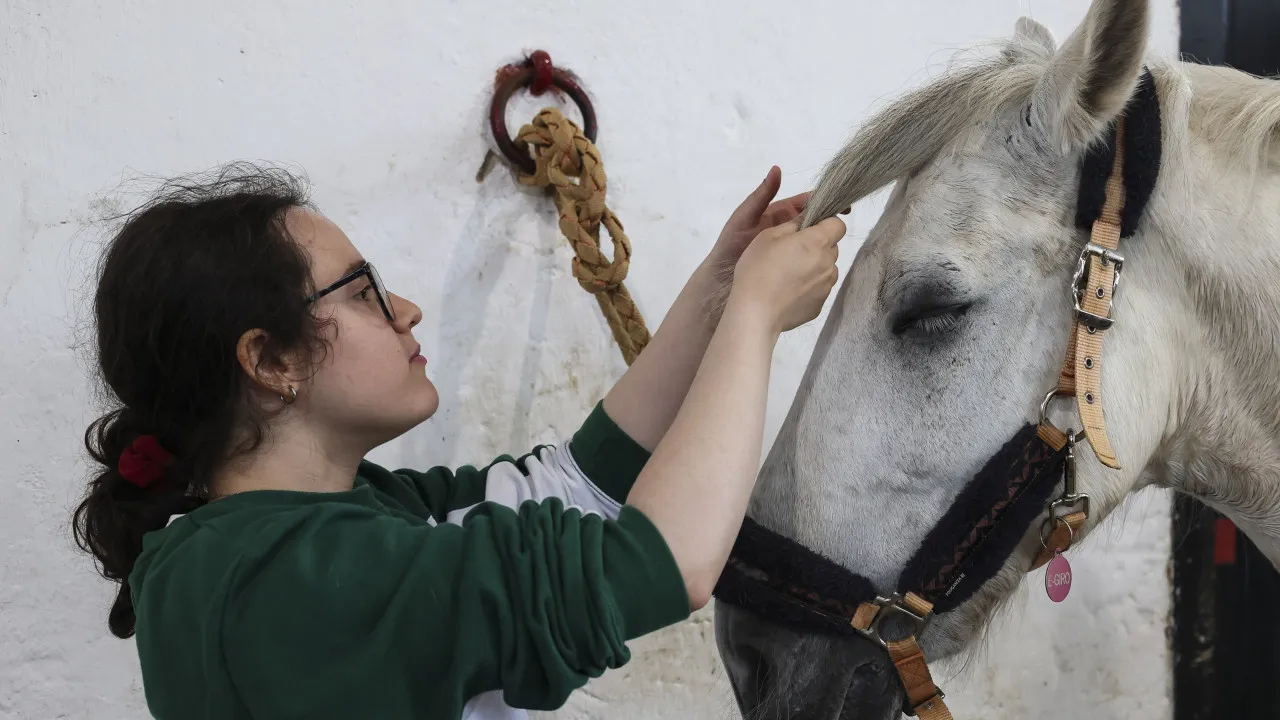The 200 to 300 doctors from Latin America that the Portuguese government intends to hire will go to primary health care in regions such as the Alentejo, Algarve and Lisbon Tagus Valley, the health minister announced on Wednesday.
Manuel Pizarro, who was heard today in the parliamentary health committee, at the request of the Liberal Initiative (IL), on the hiring of Cuban doctors, assured that these professionals “will have their qualifications recognised by a Portuguese university and will be registered with the Portuguese doctors’ association”.
Asked by IL MP Joana Cordeiro about the fact that Cuban doctors hired through a Cuban state recruitment company receive only a small part of the salary paid by the Portuguese state, Pizarro replied that “there are hundreds of such companies operating in Portugal” and that the government does not control what they pay doctors.
Emphasising that “hiring doctors of various nationalities for the national health service (SNS) is normal”, he said and revealed that there are 1,729 foreign interns and specialists in the public health service and that the doctors now to be hired in Latin America will be for a period of three years.
He recalled that the hirings of doctors from Latin America have been taking place since 2009 – when he was secretary of state – and recalled that 58 Cuban doctors are currently working in Portugal on a direct contract basis, “which was probably only possible because they initially came under that first agreement”.
Regarding the Cuban regime’s compliance with human rights, he argued that “human rights must be scrupulously respected throughout the world” and that, at the institutional level, the Portuguese State “has long-standing and consolidated relations with Cuba”.
“We were one of the first countries in the world to recognise Cuba’s independence”, the minister recalled, stressing that Portugal is “critical of the US blockade”.
Regarding the hiring of Cuban doctors, he recalled that it was a process that went well and resulted in the full integration of these professionals and gave the example of a Cuban doctor who arrived in 2009, completed his specialisation in Portugal and is now director of a health centre.
These professionals “come with excellent academic training”, he insisted, recalling that it is “necessary and useful” for the country to hire foreign doctors, “in a limited contingent and for limited periods of time”.
He also said that these 200 to 300 doctors (the right number and the exact locations where they will work are not defined) will respond to the needs of SNS patients in locations where there is great difficulty in hiring.
“It has been trialled, it has worked well and there is no good reason why it should not be repeated,” he added.
Earlier this month, the Cabinet approved a decree-law amending the legal regime for the recognition of academic degrees and higher education diplomas awarded by foreign higher education institutions.
According to the government, this diploma provides for an exception regime for the recognition of academic degrees awarded by foreign higher education institutions to doctors who come to work for the SNS.
This approval has already received a reaction from the Order of Physicians, with the leader, Carlos Cortes, warning that he will be against “any process of facilitation” that does not respect a “very rigorous assessment” of the qualifications of foreign doctors wishing to work in Portugal.
Amnesty asks government to respect human rights when hiring Cuban doctors








